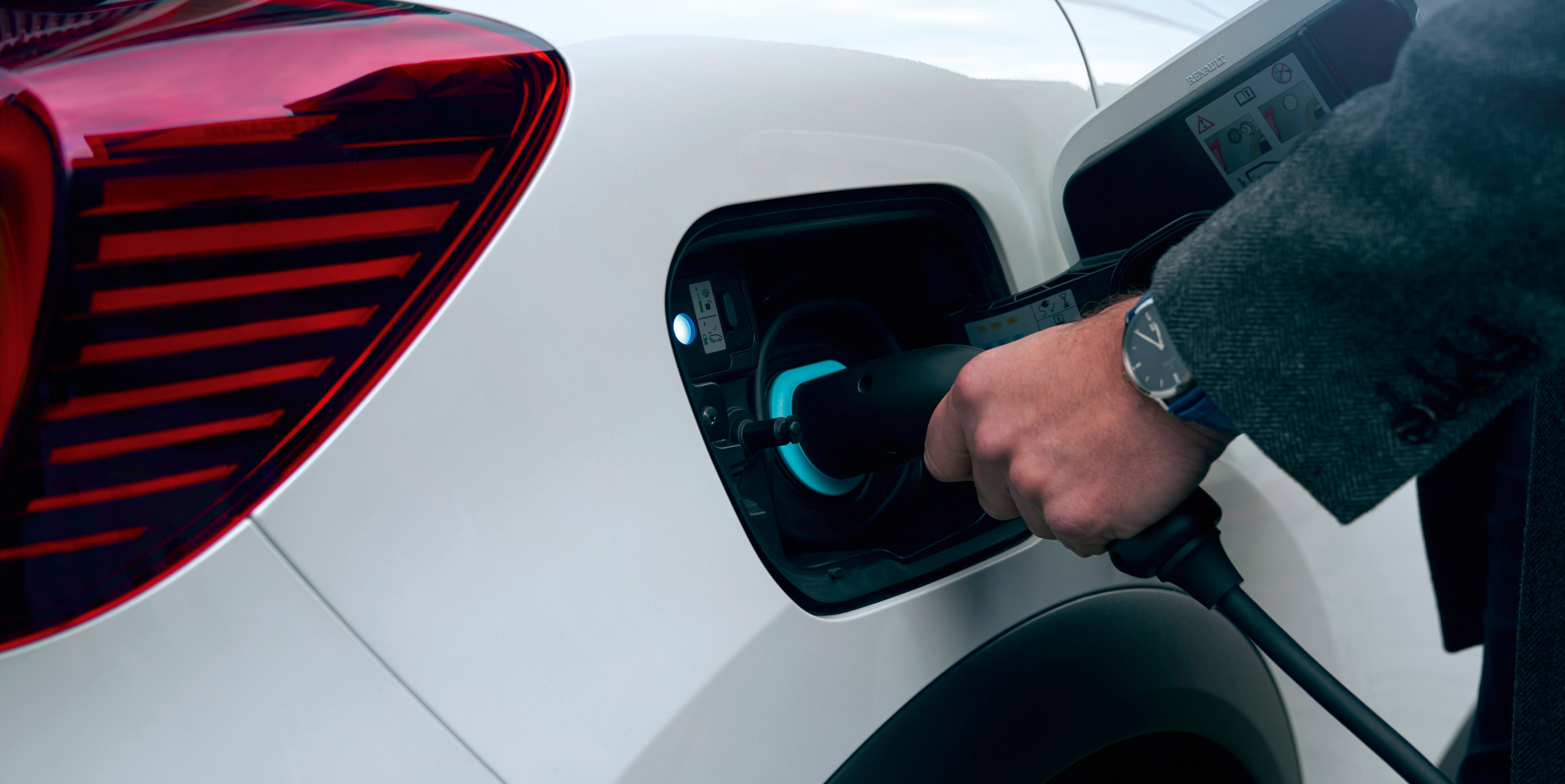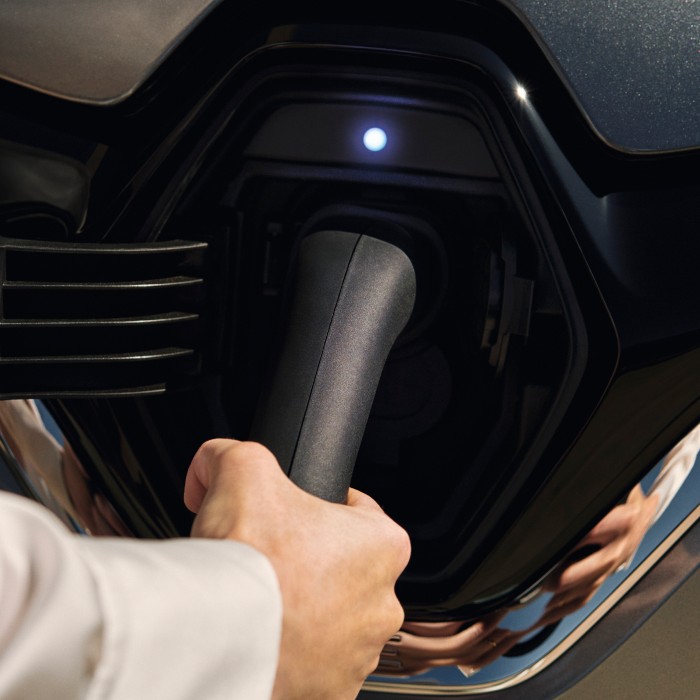-
your country
Have a specific need related to mobility?
Check out the Mobilize website that shows the offers in your country. -
explore Mobilize
Mobility seen as a set of services whose design starts with the vehicle, based on a technological platform! Find out about the mission and solutions of a new kind of brand.
read more -
mobility services
Whether you’re an individual, entrepreneur or professional in the transportation of people or goods, we develop customized services. You’ll find a solution perfectly suited to your needs.
read more -
battery recycling
What if an electric vehicle battery had multiple lives? Find out about all our initiatives for reusing batteries after their automotive life, thus helping to preserve resources and accelerate the energy transition.
read more -
#wearemobilizers
Our news, events, as well as articles, videos, infographics and podcasts decipher the major trends in mobility. Dive into a wide selection of content.
welcome aboard
electric recharging: the need not to be overestimated
★ ☆ ☆
In many Western countries, physical mobility is stagnating or even declining slightly, particularly in terms of the number of journeys made. In France, for example, a person makes an average of 2.8 physical trips per day, almost 99% of which are journeys of less than 80 kilometres. It is estimated that each journey covers an average of 9 kilometres. On these short journeys, the modal share of the car seems to have peaked around ten years ago, and now stands at around 64%.
99% of journeys are short
When you consider that an electric car like the Zoe E-Tech Electric has a WLTP range of almost 400 kilometres, it’s easy to see that the question of range doesn’t really arise in 99% of cases. By analysing your habits, you can find out what your real mobility needs are… and get rid of the fear of breakdowns, so that you can objectively reconsider switching to electric cars.
home charging point installation: autonomy par excellence
★ ★ ☆
What if you had your own petrol station at home? That’s what happens with an electric vehicle. More than 90% of electric or plug-in hybrid car recharging takes place at home or at work, in other words in a private place where you stay parked for a relatively long time. This is undoubtedly the most practical, but also the most economical. The price of electricity at home is lower than at public charging points. What’s more, home charging has the potential to be smart charging: the Mobilize Smart Charge application takes control of the timing of the charge to help balance the electricity network, so you can benefit from the cheapest, least carbon-intensive electricity possible. In this way, smart charging combines economy and ecology.
90% of electric vehicle charging takes place at home or at work
Whether you’re a private individual looking for a charging point at home, or a professional looking for one or more charging points in your company car park, Mobilize Power Solutions offers you optimised costs and maximum peace of mind. Everything is included, from analysis of charging requirements to maintenance and installation of the charging points, so that recharging an electric car is really simple.
electric charging points on the road: the challenge of access to public recharging
★ ★ ★
Journeys of more than 80 kilometres, which potentially require – more than short journeys – the use of a recharging point on the way, account for less than 2% of the number of journeys, particularly in France. The importance of this need for mobility should therefore be put into perspective. However, as the car makes an average of 73% of these long journeys, users of electrified vehicles are perfectly justified in looking for simple recharging solutions while roaming.
73% of long journeys are made by car
To meet this demand, professionals and public authorities are getting organised. There are now around 500,000 public charging points in Europe, and the targets for the deployment of new infrastructure are ambitious. In addition to the sheer number of charging points, the other challenge is to ensure that the operation lasts only a short time, so that you can recharge the battery of your electrified vehicle during a simple break. With 200 new fast-charging stations, Mobilize Fast Charge plans to do its bit.



